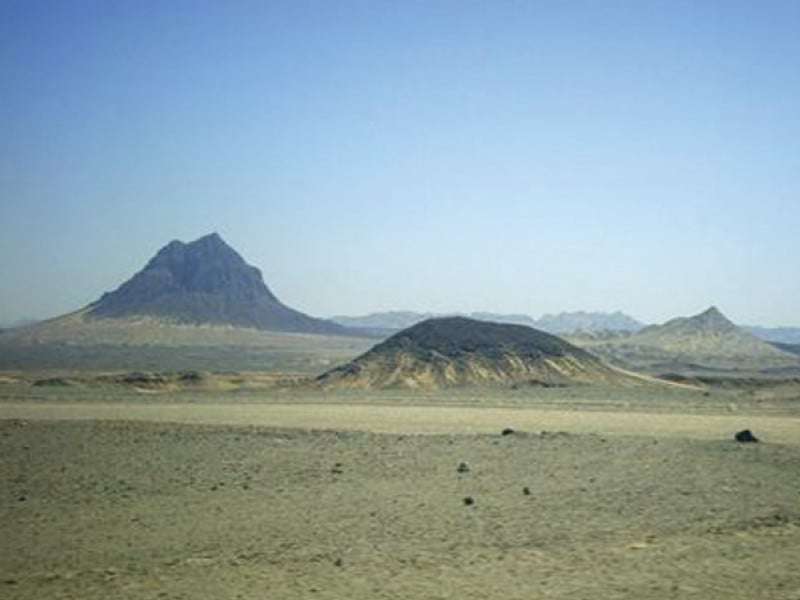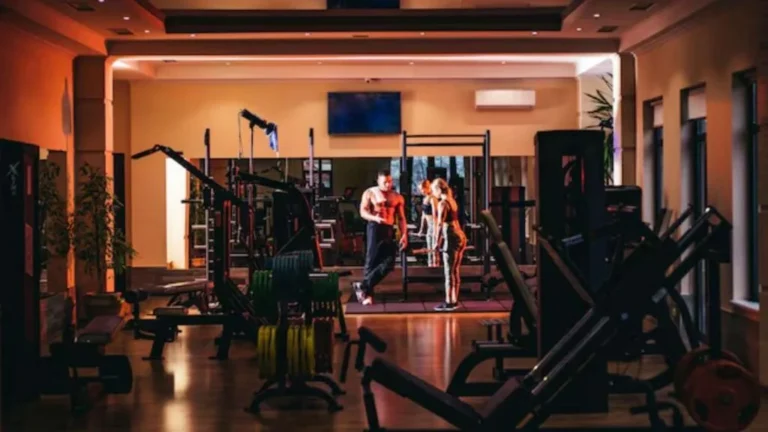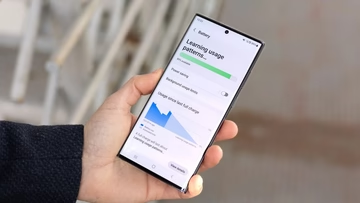
|
Getting your Trinity Audio player ready...
|
Introduction to the Reko Diq Project
The Reko Diq copper and gold mining project, located in the Chagai district of Balochistan, Pakistan, has attracted significant attention due to its massive mineral reserves. The project is a joint venture between Canada’s Barrick Gold and the governments of Pakistan (through Pakistan Mineral Private Limited, PMPL) and Balochistan, holding a 50% stake. This project has the potential to be one of the largest mining operations globally, given its vast copper and gold deposits.
The government of Pakistan is in the process of negotiating the sale of a 15% stake in Reko Diq to Saudi Arabia’s Public Investment Fund (PIF). This step is part of a broader strategy to involve foreign investment and partnerships to develop the mining sector in Pakistan. The deal aims to secure crucial financial backing for the project and contribute to economic development.
Key Stakeholders and Deal Structure
The 15% stake in Reko Diq is proposed for sale to Saudi Arabia through its investment vehicle, Manara Minerals, which is linked to the Public Investment Fund (PIF) of Saudi Arabia. The deal will occur in two phases, with the first tranche involving the purchase of 10% upon the signing of the agreement. The second tranche, comprising the remaining 5%, is contingent upon the final investment decision (FID).
This negotiation follows a Cabinet Committee on the International Governmental Commercial Transaction meeting, where a dedicated negotiation committee was formed to finalize the terms of the agreement. The committee will review the price discovery mechanism, consult international advisors, and discuss the terms with Saudi Arabia.
The Role of the Negotiation Committee
The Pakistani government has constituted a negotiation committee that will play a crucial role in finalizing the sale. This committee, comprising representatives from the Petroleum Division, Finance Division, Law Division, Special Investment Facilitation Council (SIFC), and PMPL, is tasked with conducting thorough evaluations of the offer from Saudi Arabia. The committee is also authorized to engage with international advisors to establish a fair valuation for the 15% stake.
One of the committee’s key functions will be to assess the findings from a new feasibility study that will determine the current value of the Reko Diq project. This updated study, which includes a comprehensive analysis of the reserves of gold and copper, is expected to increase the price at which Pakistan will sell its stake. The results of the study are anticipated to be released within the next two months, after which negotiations will begin in earnest.
Key Terms of the Saudi Proposal
Saudi Arabia’s PIF, through Manara Minerals, has proposed the purchase of the 15% stake in two phases:
- First Tranche (10%): This will be paid upon signing the agreement.
- Second Tranche (5%): The remaining 5% will be paid once the final investment decision (FID) is made for the project.
In addition to the financial offer, Saudi Arabia has also extended a grant of $150 million for the construction of critical infrastructure, including two roads in the mining area. This infrastructure development is expected to facilitate the smooth operation of the mine and improve connectivity in the region.
Legal and Financial Aspects of the Deal
The negotiation committee will review various elements of the deal, including the commercial agreement draft and the price mechanism. The committee will also examine the reimbursement of funds already paid by PMPL in the form of cash calls for the Reko Diq project. Moreover, Pakistan’s government entities, including PMPL, will need to secure approval from their respective boards to sell their 15% stakes in the project to Saudi Arabia, contingent on the finalization of the agreement.
The success of the deal is critical not only for the project’s financial stability but also for the broader goal of fostering foreign investment in Pakistan’s mining sector.
The Impact of the Feasibility Study
The feasibility study is expected to significantly affect the negotiations. It will offer a clearer picture of the quantity and value of copper and gold deposits at Reko Diq, which in turn will influence the price of the 15% stake. The previous valuation was considered too low by the Pakistani government, but with the updated feasibility study, a more accurate and potentially higher price for the stake will be determined.
International Investment and Funding for Reko Diq
Apart from the Saudi investment, there is considerable interest from other international financial institutions to fund the Reko Diq project. The total cost of the project is estimated to be around $5.8 billion, with around $3 billion required for debt financing. Various foreign banks and institutions are exploring ways to finance the development of the project:
- World Bank’s International Finance Corporation (IFC) has shown interest in providing a loan of $650 million.
- Asian Development Bank (ADB) is considering a $400 million loan for the project.
- Islamic Development Bank is looking to offer about $100 million.
Additionally, countries such as Canada, Japan, Germany, South Korea, and Australia have expressed interest in offering financial support. However, none of these offers have been formalized, as all stakeholders are waiting for the results of the feasibility study.
Political and Diplomatic Context
This deal is being negotiated in the context of broader political and diplomatic considerations. Pakistan’s relationship with Saudi Arabia has grown increasingly important, and this deal is part of strengthening bilateral ties, especially in the economic and investment sectors. The success of the Saudi deal is critical for the Special Investment Facilitation Council (SIFC), which aims to boost foreign investment in Pakistan’s economy.
Concerns Regarding Foreign Investment
While foreign investments in Pakistan’s mining sector are essential, there are concerns regarding the treatment of investments in other sectors. For example, Saudi Arabia has expressed concerns about its investments in Pakistan’s K-Electric power distribution company. These concerns underscore the importance of creating a stable and transparent environment for foreign investors to ensure that the Reko Diq project is a success.
Conclusion: Future of the Reko Diq Project
The sale of the 15% stake in Reko Diq is a significant step in the development of one of the world’s largest copper and gold mining projects. The successful completion of this deal will not only provide much-needed financing but will also cement Pakistan’s position as a key player in the global mining industry. The outcome of the negotiations with Saudi Arabia, along with the results of the new feasibility study, will shape the future of the project.
FAQs
1. What is the Reko Diq project?
- The Reko Diq project is a copper and gold mining venture located in Pakistan’s Balochistan province. It is jointly owned by Canada’s Barrick Gold and the governments of Pakistan and Balochistan.
2. Why is Saudi Arabia interested in the Reko Diq project?
- Saudi Arabia’s Public Investment Fund (PIF) seeks to acquire a 15% stake in the Reko Diq project as part of its broader strategy to invest in Pakistan’s natural resources and strengthen bilateral economic ties.
3. What is the structure of the deal between Pakistan and Saudi Arabia?
- Saudi Arabia will acquire the 15% stake in two phases: 10% will be paid at the signing of the agreement, and the remaining 5% will be paid upon the final investment decision.
4. What is the feasibility study for the Reko Diq project?
- The feasibility study is an in-depth analysis of the gold and copper reserves at Reko Diq, which will determine the project’s value and influence the price of the 15% stake being sold to Saudi Arabia.
5. What are the other international financial institutions involved in Reko Diq?
- Besides Saudi Arabia’s PIF, other international financial institutions such as the World Bank’s IFC, ADB, and Islamic Development Bank have expressed interest in financing the project.
SEE ALSO:






